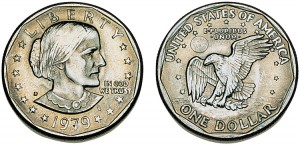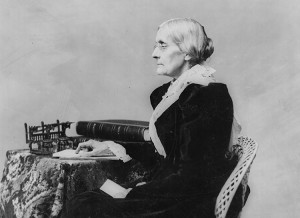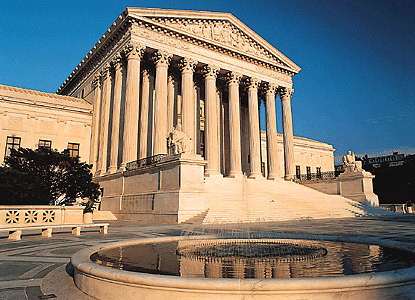Susan B. Anthony 200
Friday, February 14th, 2020February 14, 2020
Tomorrow, February 15, is the 200th anniversary of the birth of the women’s rights activist and reformer Susan B. Anthony in 1820. She is best known for helping organize the woman suffrage movement, which worked to get women the right to vote. Anthony, who was arrested for voting in 1872, died on March 13, 1906. In 1920, 100 years ago, her lifelong dream came true as the Nineteenth Amendment to the Constitution of the United States became law, giving women the right to vote.
Anthony was born in Adams, Massachusetts. Her family were Quakers, who became known for their belief in the equality of men and women. Anthony’s family supported major reforms, such as temperance, the campaign to abolish alcoholic beverages, and the abolition of slavery.
From 1839 to 1849, Anthony taught school. She then joined the temperance movement. But most temperance groups consisted of men who did not allow women to help the movement. In 1852, she attended a temperance rally in Albany, New York, but was not allowed to speak because she was a woman. Soon after, she formed the Woman’s State Temperance Society of New York.

The Anthony dollar, minted for circulation in 1979 and 1980, honored woman suffrage leader Susan B. Anthony. A profile of Susan B. Anthony is on the front and the American eagle is on the reverse. Credit: WORLD BOOK photo by James Simek
Through her temperance work, Anthony became increasingly conscious of the disparity in rights between men and women. In 1851, she met Elizabeth Cady Stanton, a leader of the women’s rights movement. The two women became close friends and co-workers. Soon, Anthony devoted herself completely to women’s rights and became a leader of the movement.
Before and during the American Civil War (1861-1865), Anthony and Stanton supported abolitionism. After the war, however, they broke away from those who had been involved in the abolitionist movement. Many of these people showed little interest in woman suffrage and supported the Fifteenth Amendment to the Constitution. This amendment gave the vote to black men, but not to women. In 1869, Anthony and Stanton formed the National Woman Suffrage Association and worked for a woman suffrage amendment to the Constitution. In 1872, Anthony voted in the presidential election and was arrested and fined $100 (a large sum at the time), but she vehemently refused to pay it.
From 1881 to 1886, Anthony and Stanton coedited three volumes of a book called History of Woman Suffrage. Anthony published a fourth volume of the book in 1902. In 1904, she established the International Woman Suffrage Alliance with Carrie Chapman Catt, another leader of the suffrage movement.




